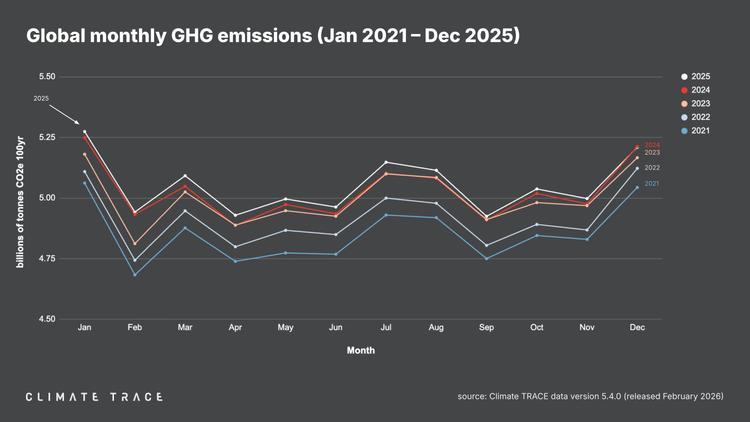EU warned (again) to tread with caution around Omnibus simplification
European lawmakers should “better heed the concerns of European investors” in their revisions to CSDDD and CSRD.

EU regulators have been warned by investors, the European Central Bank and legal scholars to tread with caution as it embarks on the revision of its flagship sustainability reporting regulations.
Now that the European Parliament and Council have stopped the clock on the implementation of the Corporate Sustainability Reporting Directive (CSRD) and Corporate Sustainability Due Diligence Directive (CSDDD), the work has started to negotiate and adopt a simplification of these two laws. The European Commission has said it aims to reduce the reporting burden by 25 to 35% for EU companies – but even those in favour of the Omnibus simplification are worried about how it plans to achieve that.







